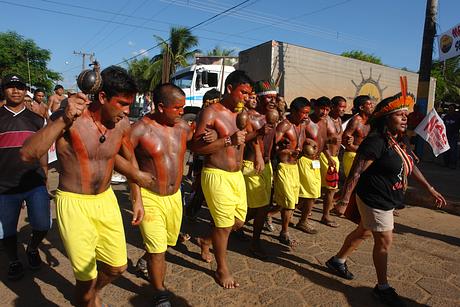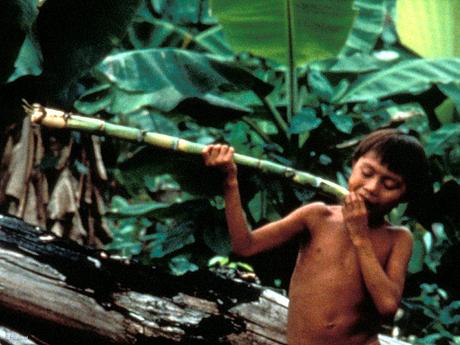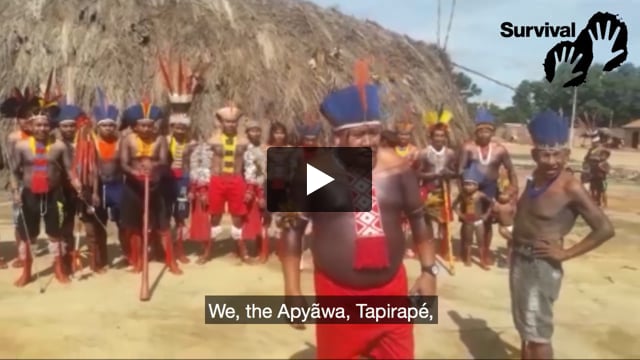Outrage as construction of Belo Monte dam illegally approved
February 2, 2011
 © Verena Glass/Survival
© Verena Glass/SurvivalThis page was last updated in 2011 and may contain language which is now outdated.
Brazil’s environmental agency, IBAMA, has issued a ‘partial’ installation licence for the Belo Monte dam, to be built on the Xingu River in the Amazon.
The licence allows the initial stages of construction, including the clearing of vast areas of forest, to commence, despite the numerous human rights and environmental violations this involves, and huge opposition from the local population.
Public Prosecutor Felício Pontes Jr said, ‘Following decisions like this one, we can call IBAMA the biggest environmental violator of the Amazon’.
Brazil’s Public Prosecutor’s Office has called for the immediate suspension of the licence, which was issued illegally as the majority of conditions required for an installation licence to be granted- conditions set by IBAMA itself- have not been met.
If built, Belo Monte would be the third largest dam in the world. It would devastate a large area of forest and harm fish stocks upon which thousands of Indigenous people in the area depend for their survival.
The Indians have not given their consent for the project to go ahead. They have held large-scale protests against the dam and have warned that if construction commences, the Xingu could become a ‘river of blood’.
Particularly vulnerable are the uncontacted Indians living close to the dam site. Exposure to outside diseases brought by the thousands of immigrants expected to arrive in the area for the dam construction, could be fatal for them.
Survival International is urging the Brazilian authorities to prevent the construction of the dam until and unless it can be guaranteed that the land and lives of the uncontacted Indians are not at risk.
A report published recently by the NGOs International Rivers and Friends of the Earth- Brazilian Amazonia, warns that the Belo Monte project involves major social, environmental, legal and financial risks. Download the report (in Portuguese, 8 MB pdf).
Last month, IBAMA’s President Abelardo Bayma resigned, allegedly following intense pressure from the Ministry of Mines and Energy and from Brazil’s new President Dilma Rousseff, to allow Belo Monte to be built.




